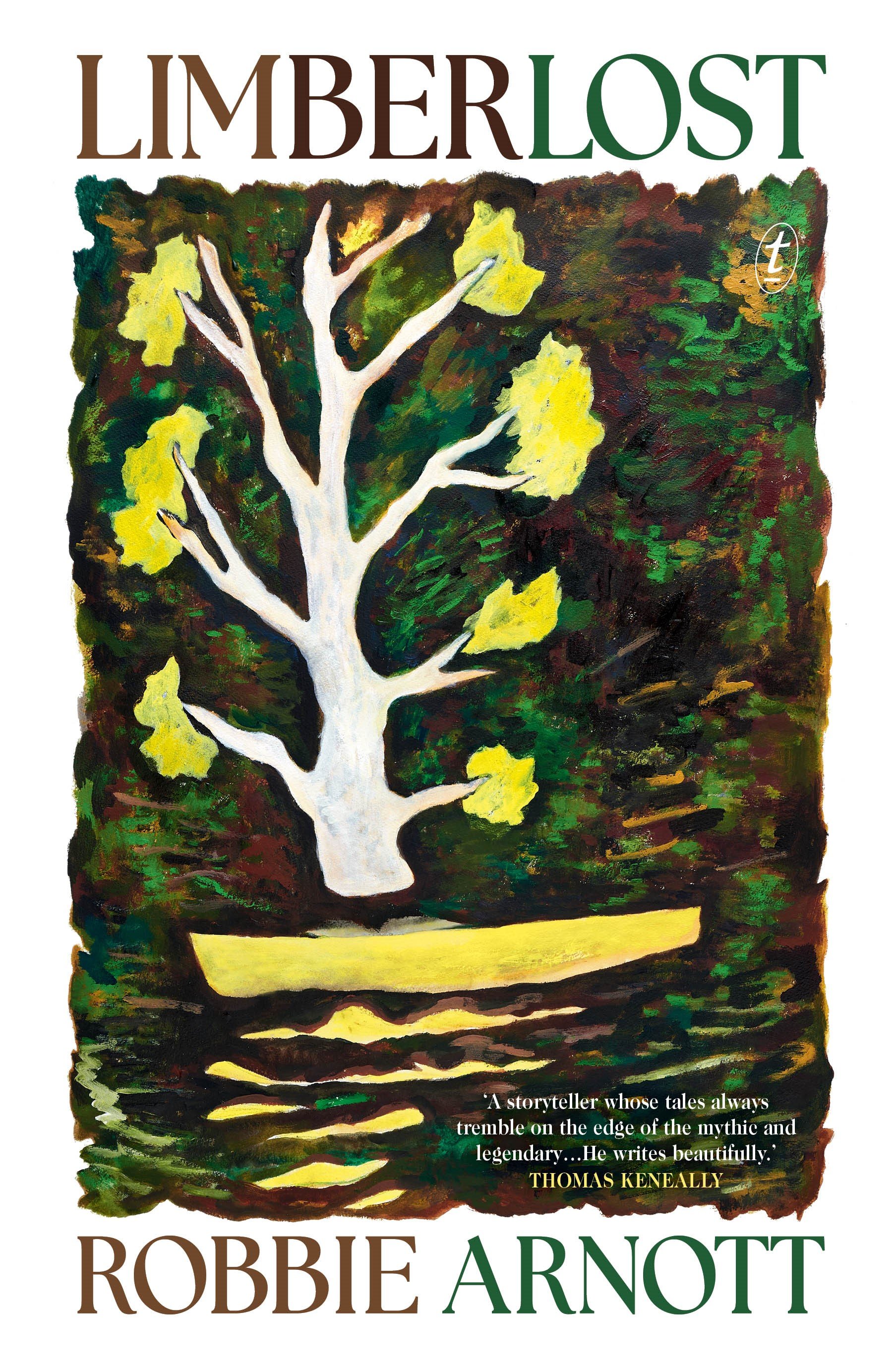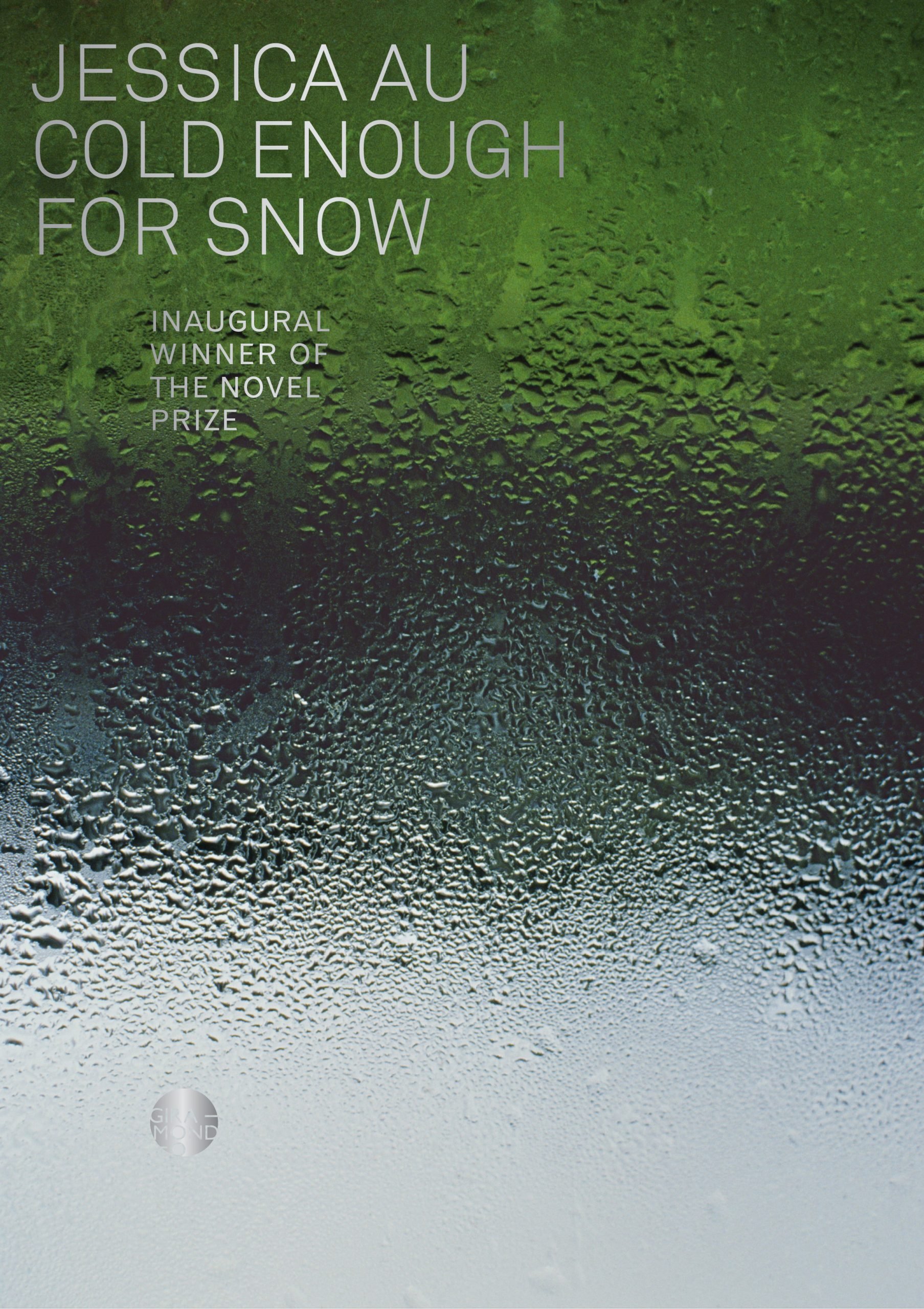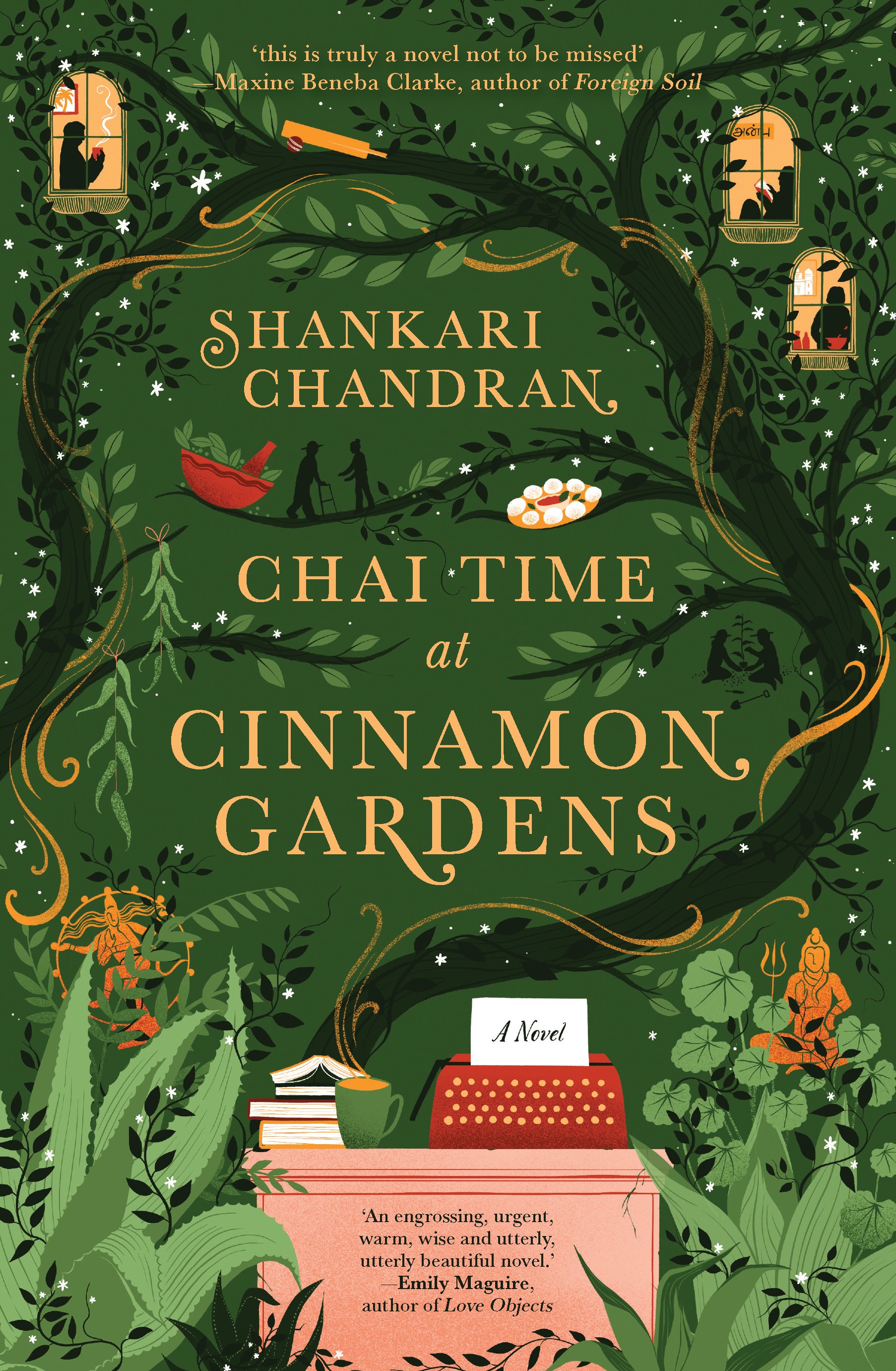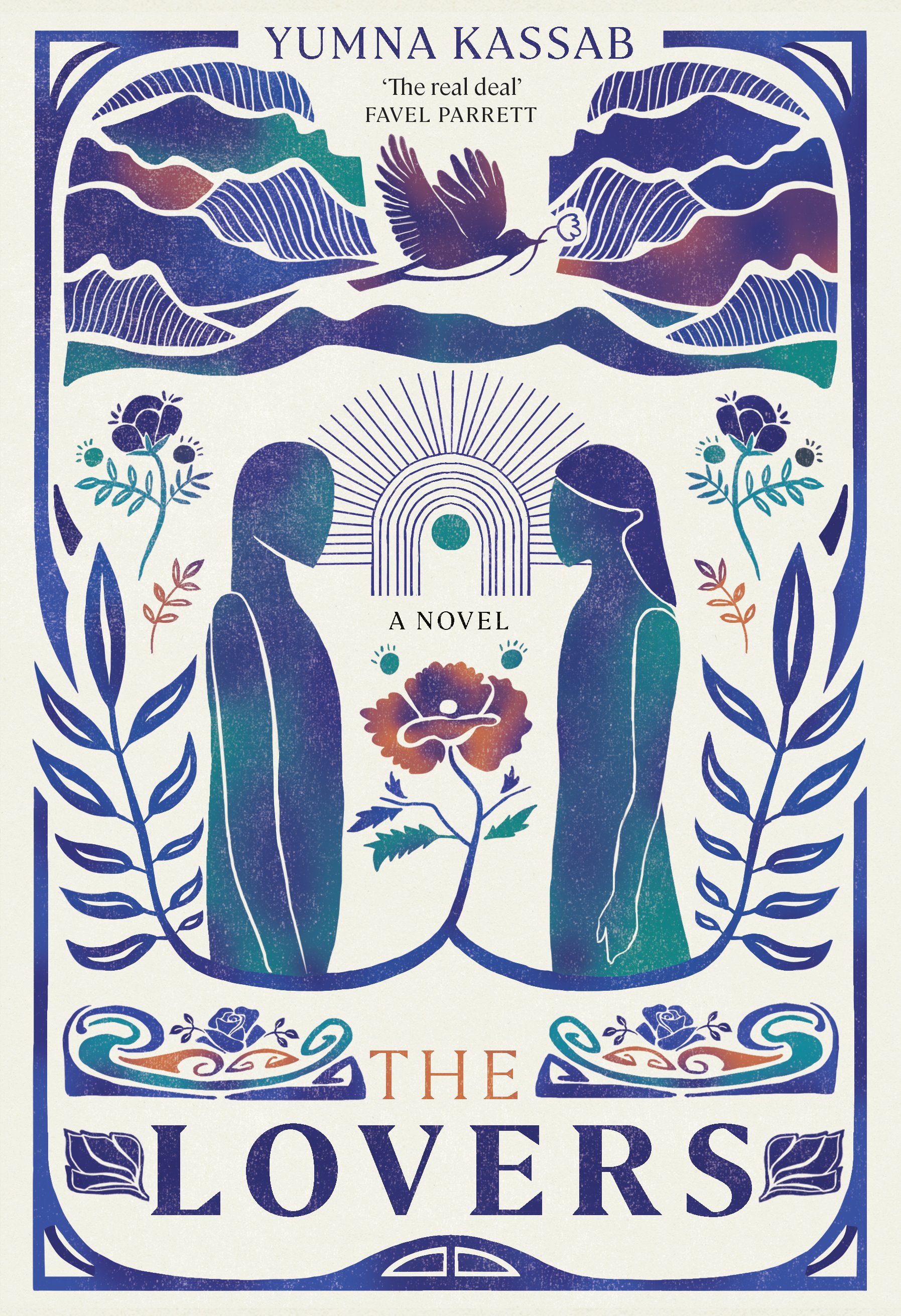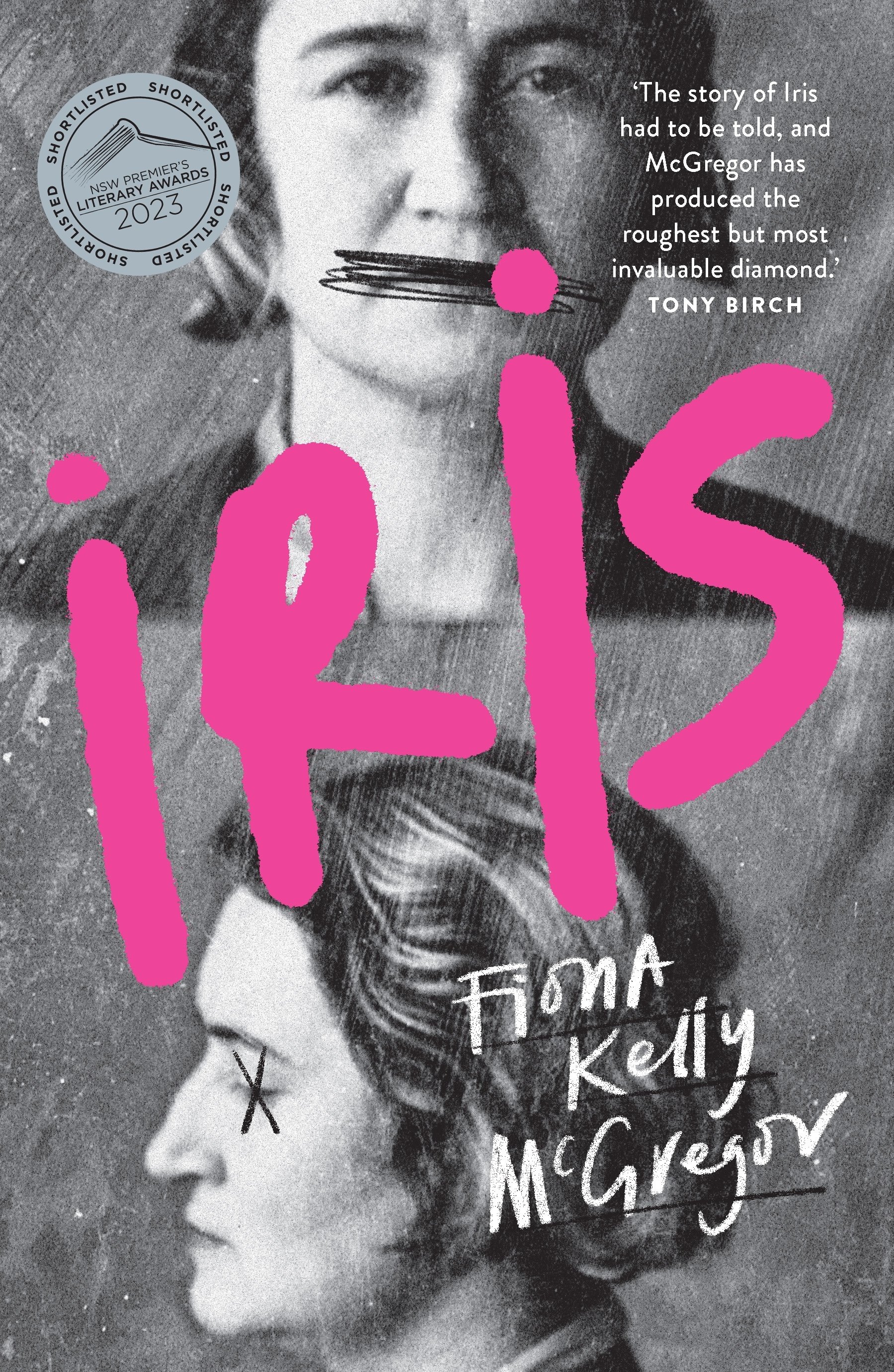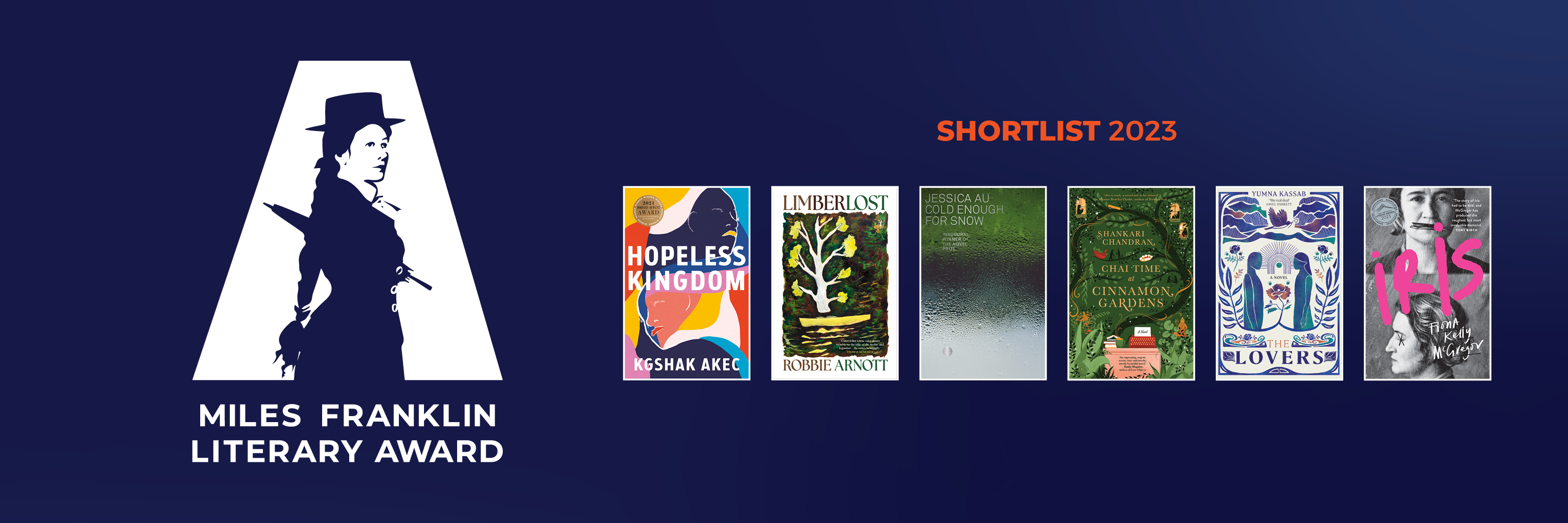
Five first-time nominees, including a debut author, are among the six talented writers shortlisted for the 2023 Miles Franklin Literary Award.
Announced today by Perpetual as Trustee, alongside Copyright Agency’s Cultural Fund, the authors will be competing for one of the most prestigious literary prizes in Australia, with the winner receiving $60,000.
View the responses of the 2023 Miles Franklin Literary Award shortlist authors:
According to the judges, “The 2023 Miles shortlist celebrates six works that delve deeply into archives and memory, play confidently with style and structure and strike new grounds in language and form. From deeply immersive tales to polished jewels of craft, from lyrical mappings of land to convention-breaking chronicles, this is novel-writing at its freshest and boldest.”
The 2023 judging panel comprises Mitchell Librarian of the State Library of NSW and Chair, Richard Neville; author and literary critic, Dr Bernadette Brennan; literary scholar and translator, Dr Mridula Nath Chakraborty; book critic, Dr James Ley; and author and editor, Dr Elfie Shiosaki.
Each of the 2023 shortlisted authors receives $5,000 from the Copyright Agency’s Cultural Fund.
Copyright Agency’s CEO, Josephine Johnston, said, “This year’s Miles Franklin Literary Award shortlist showcases exceptional writing from some of our most talented and diverse storytellers. The shortlist represents the immense breadth of literary endeavour and the Copyright Agency’s Cultural Fund is delighted to support this prestigious award. Congratulations to all the shortlisted writers!”
The 2023 winner will be announced on 25 July 2023.
Judges’ comments and biographies on the authors follow.
For further information about the Miles Franklin Literary Award: http://www.milesfranklin.com.au/
For enquiries or to request interviews, please contact:
Jane Morey
Morey Media
0416 097 678
jane@moreymedia.com.au
Join the Miles Franklin conversation on social media:
Twitter: @_milesfranklin
Instagram: @milesfranklinliteraryaward
Facebook: https://www.facebook.com/MilesFranklinLiteraryAward
#milesfranklin
Author biographies and judges' comments – 2023 Miles Franklin Literary Award Shortlist
|
|
|
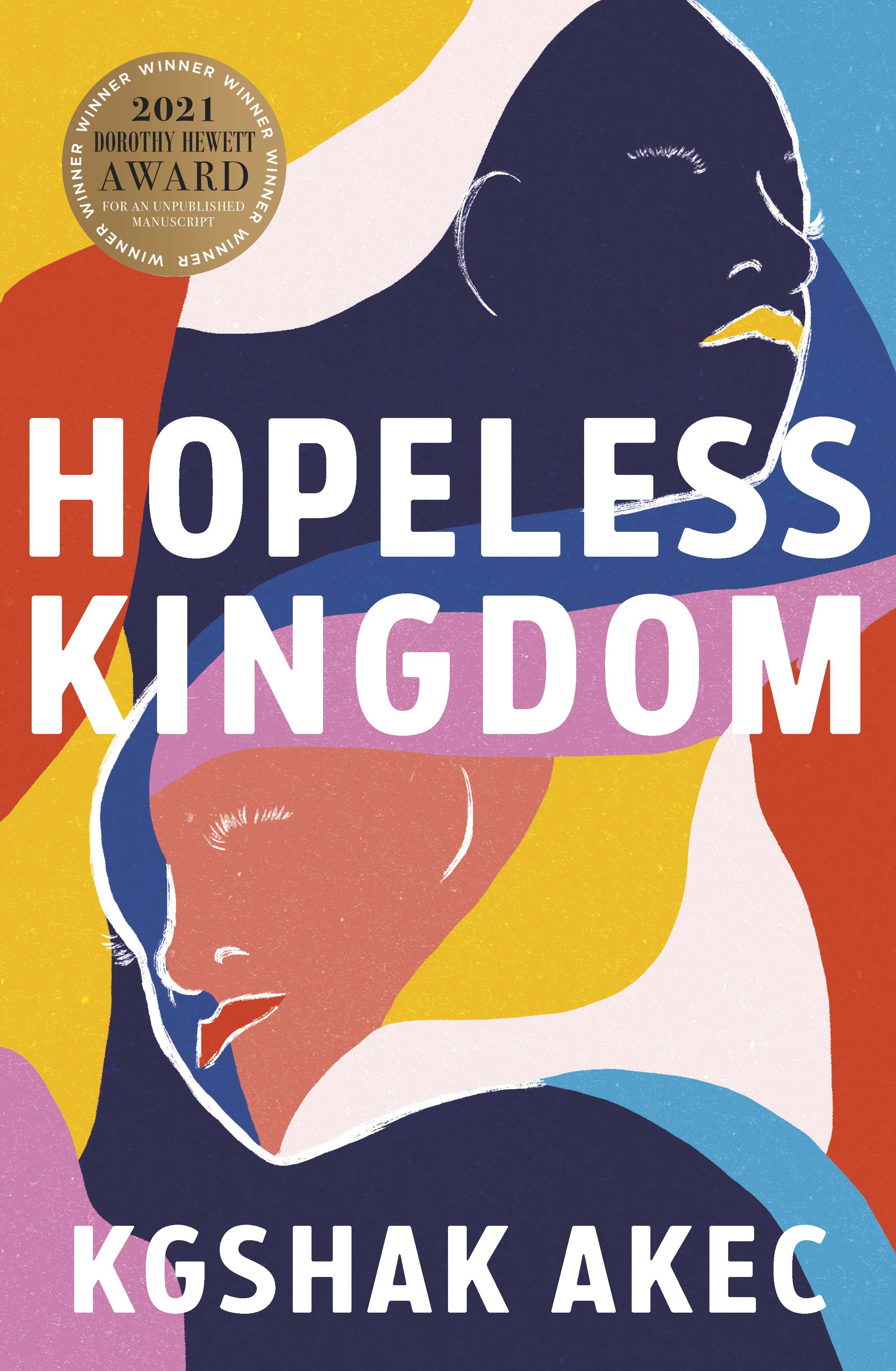 |
Kgshak Akec Hopeless Kingdom Biography: Kgshak Akec is a South-Sudanese writer, performing artist, storyteller, and a lover of words. Since the moment she learned how to write in English at the age of six, Kgshak has been writing out the stories that live inside her mind. As a migrant and non-native English speaker, Kgshak is fascinated by the unspoken words and unsung songs of the day-to-day, she finds herself drawn to stories that challenge perception and go against the grain of the expected while also being grounded in truth. Her debut novel Hopeless Kingdom (UWAP 2022), inspired by her own journey of migrating to Australia, explores the relationship of a mother and daughter as they settle, break, evolve, and adapt in new lands through multiple heartaches and triumphs. Judges' comment: In her impressive and expansive debut Hopeless Kingdom, Kgshak Akec masterfully weaves a story about a family searching for refuge and belonging. The story deftly unfolds through the interchanging voices and perspectives of eight-year-old Akita and her mother, Taresai, who travel from Sudan to Cairo, Sydney, and eventually a new home in Geelong. Grounded in Akec’s own experience of migration from Africa to Australia, Hopeless Kingdom honours deeply the daring agencies of women and girls who attempt to hold their families together during life-altering periods of upheaval and displacement. Criss-crossing boundaries of time and place, intergenerational trauma travels with Akita’s family to Geelong, and viscerally reverberates as the noisy backdrop to their new life in Australia, their experiences of racism, complex family relationships and the unending love for family who, in their grief and despair, cause great pain. Akec’s astute and powerful storytelling explores complex narratives of resilience and precariousness, and immerses the reader into the lived experiences of young women who attempt to determine their lives for themselves and free themselves from bounds of class, gender and race. Sounding with humanity and hope, Hopeless Kingdom is a novel of national significance which gives voice to silent memories of migration and ultimately transforms the Australian literary landscape. |
|
|
Robbie Arnott Limberlost Biography: Robbie Arnott’s acclaimed debut, Flames (2018), won a Sydney Morning Herald Best Young Novelist award and a Tasmanian Premier’s Literary Prize, and was shortlisted for a Victorian Premier’s Literary Award, a New South Wales Premier’s Literary Award, a Queensland Literary Award, the Readings Prize for New Australian Fiction and the Not the Booker Prize. His follow-up, The Rain Heron (2020), won the Age Book of the Year award, and was shortlisted for the Miles Franklin Literary Award, the ALS Gold Medal, the Voss Literary Prize and an Adelaide Festival Award. He lives in Hobart. Judges' comment: Limberlost is a quiet, lyrical novel of subtle complexity. Set largely over one summer, with fifteen-year-old Ned West trapping rabbits on his father’s Tasmanian apple orchard and waiting anxiously for his brothers to return from the war, the narrative glides back and forth through time exploring questions of responsibility, care, innocence and experience. In this his third novel, Robbie Arnott continues to explore the often-fraught connections between the human and non-human worlds. Ned’s adolescent playground is one of plenitude and beauty yet also violence: ‘dark-eyed wallabies and fat-faced possums, flickering wrens and eagle-sized ravens’ inhabit forests of ‘tall ferns…bright fungus [and] thick-trunked trees.’ The river, both ‘wakening’ and ‘night-dark’, teems with life and fearful possibilities. Ned, inarticulate, empathic, moves through this landscape killing, maiming, loving and healing, all the while unaware of his privilege. Remaining faithful to the time in which his novel is set, Arnott draws a sympathetic portrait of a character steeped in the majesty of his landscape yet seemingly oblivious to the ways in which he contributes to the environmental destruction of Country. Limberlost is a moving coming-of-age story, a celebration of family bonds and a stunning love song for a rapidly disappearing natural world. |
|
|
Jessica Au Cold Enough for Snow Biography: Jessica Au is a writer based in Melbourne. She has worked as deputy editor at the quarterly journal Meanjin and as a fact-checker for Aeon magazine. Her novel, Cold Enough for Snow (2022), is the inaugural winner of The Novel Prize and was published by Giramondo, New Directions and Fitzcarraldo Editions, with translation in eighteen languages. Judges' comment: Based around a finely observed account of a mother and daughter holidaying in Japan, Cold Enough for Snow is an elegant short novel that reflects on the twinned mysteries of life and art. The calm surface of Jessica Au’s superb prose creates a languid, dreamy atmosphere that belies the novel’s true emotional depth. Her narrator’s reflections move fluidly between past and present, summoning a web of memories whose meanings seem at first to be ambiguous and elusive. The acuity and sensitivity with which Au registers the distances between her characters, their small failures of communication, their unspoken feelings of unease, is one of the novel’s triumphs. Au’s uncertain and possibly unreliable narrator is nevertheless ingenuous in her restless desire to understand, a desire that finds its focus in her meditations on the mysteries of art. In an understated way, Cold Enough for Snow is a novel that, in asking questions about the enduring power of art, becomes a subtle reflection on its own process of creation. Its search for an entree into the mysteries of art is a search for a way to capture the disquiet at the novel’s core, to find resonant symbolic expressions of the narrator’s regrets and doubts. Cold Enough for Snow is a sublimely atmospheric novel that considers the transformation that occurs when an experience is drawn into the realms of memory and art; a novel respectful of the fact that when a moment is captured something is preserved, but something is lost. |
|
|
Shankari Chandran Chai Time at Cinnamon Gardens Biography: Shankari Chandran was raised in Canberra, Australia. She spent a decade in London, working as a lawyer in the social justice field. She eventually returned home to Australia, where she now lives with her husband, four children and their cavoodle puppy, Benji. She has published three works of fiction, Chai Time At Cinnamon Gardens, Song of the Sun God and The Barrier. Judges' comment: A fifty-year old library set on fire in an act of biblioclasm. An ancient archive sought to be erased, a people ethnically cleansed. Another fifty years later, a serene nursing home in suburban Sydney is caught up in the wake of this violent history and its complex aftermath. Shankari Chandran’s third novel, Chai Time at Cinnamon Gardens, introduces us to the flotsam and jetsam of Sri Lanka’s civil war refugees, who have come to rest in Australia, only to encounter a similar impulse towards irrational hatred that seeks to stamp out any trace of difference in this vast multicultural land. Intellectuals Maya and Zakhir, having crossed age-old lines of difference in a forbidden love that cannot bear the weight of history, flee to Australia to start life anew. Here too, unable to suppress their revolutionary spirits, they become inadvertent anti-colonial activists when an impulsive act has catastrophic consequences. Caught in the maelstrom is their daughter, Anji, who now runs a nursing home with husband Nathan, and their long-time friend, Gareth, local councillor who is himself battling issues on the home front. The novel reminds us that the personal is often political, and that unaddressed trauma of the past haunts us in the present. It treads carefully on contested historical claims, reminding us that horrors forgotten are horrors bound to be repeated, and that the reclamation and retelling of history cannot be undertaken without listening to the story-tellers amongst us. |
|
|
Yumna Kassab The Lovers Biography: Yumna Kassab is a writer from Western Sydney. She studied medical science and neuroscience at university. Her fiction (The House of Youssef, Australiana, The Lovers) has been listed for prizes including the Victorian Premier's Literary Awards, Queensland Literary Awards, NSW Premier's Literary Awards, and The Stella Prize. Judges' comment: Layla and Majnun. Shirin and Farhad. And now, Amir and Jamila. Can star-crossed lovers face the prosaic light of day? Does poetry from afar, in another language, gravid with lyricism, carry its jouissance into English in a land where the magpies sing? Yumna Kassab’s rhapsodic third work, The Lovers, is not a translated novel. And yet so powerfully does it recreate love and longing in the age of the anti-romance, in this most promiscuous of global languages, that we succumb to its spell, captivated by a linguistic sparseness that nonetheless evokes perfume and paradise, rose petals and recklessness, sex and silk gowns. How powerful is the hand of fate in the dance of desire? And what of the boundaries of love? In The Lovers, a luscious mix of fable, fairytale, moral codas and social commentary, such questions swirl and seduce. Kassab reaches not for answers but for possibilities and precariousness. Amir and Jamila, opposites drawn insatiably together ‘across the lines’, whisper sweet nothings to each other. Punctuating their passion are differences of class, place, freedom, mobility, religion and power, not least when conventional binaries of gendered agency are upturned. Through a tripartite division of Beginnings, The Letters and Endings, Kassab explodes expected concepts of temporality and structure, crafting a novel of playful, intense beauty. This contrary ode to the Shahnameh is for anyone who has ever transgressed and tried to solve the conundrum that confronts lovers. |
|
|
Fiona Kelly McGregor Iris Biography: Fiona Kelly McGregor’s most recent novel Iris is shortlisted for the NSW Premiers Awards and was longlisted for the Stella Prize. Previously, Indelible ink won Age Book of the Year and was published in French by Actes-Sud. Non-fiction includes essay collection Buried not dead, shortlisted for the VPLA, genre-busting photoessay A novel idea, Strange museums, a travel memoir of a performance art tour through Poland, and the underground classic chemical palace. Short story collection Suck my toes/Dirt won the Steele Rudd Award. McGregor has decades’ experience as a performance artist as well as curator of events, and writes for The Saturday Paper, Sydney Review of Books, Art Monthly and more. Judges' comment: An immersive historical novel set in 1930s Sydney and rendered in the boisterous vernacular of the period, Iris tells the story of Iris Webber, an escapee from a abusive marriage in a country town, who is drawn into a criminal underworld dominated by the notorious madams Kate Leigh and Tilly Devine. In her lively account of Iris’ exploits, Fiona Kelly McGregor not only rehabilitates a once notorious denizen of the lower orders, who exists in the historical record largely thanks to her criminal exploits; she brings Iris vividly back to life, reimagining her as memorable and appealingly complicated character — shrewd, sardonic, observant, and possessed of a larrikin wit. The novel is concerned with the social forces that conspire to force a woman without means or support to the margins of society, and admiring of the intelligence required for her to survive there. But it is also a sympathetic story of sexual awakening, one that explores a different kind of marginalisation which opens up the possibility of a different kind of acceptance. Iris is grounded in extensive historical research, which McGregor draws on to capture the authentic texture of the times. It is also a novel that is highly conscious and respectful of its place within a long and rich tradition of Australian writing about the grit and grime of inner-urban Sydney, a tradition it brilliantly reinvents. |

